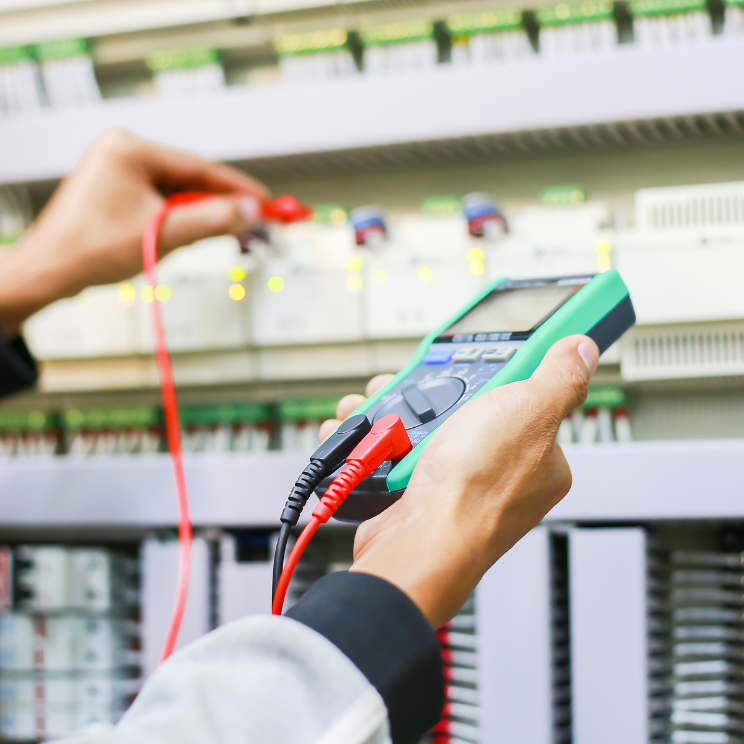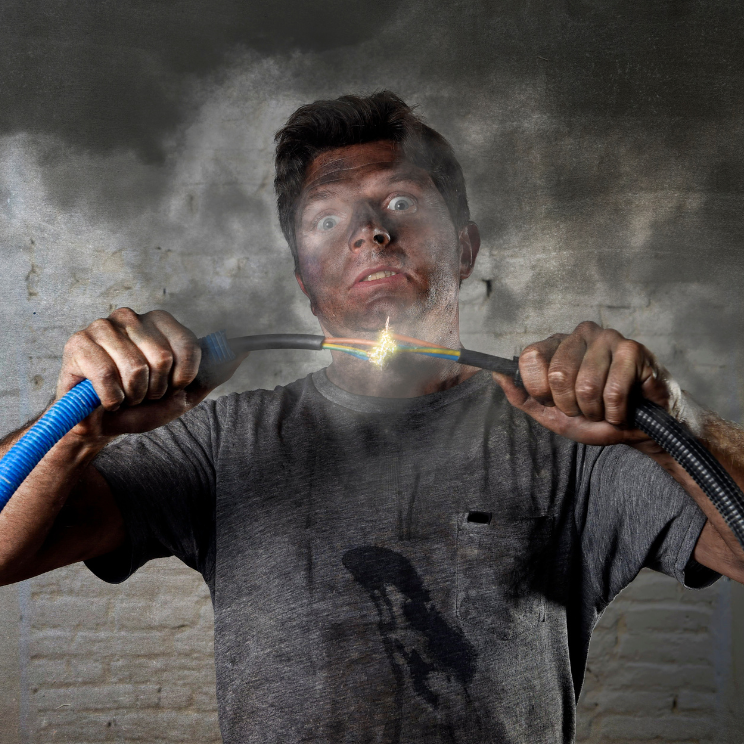Modern commercial and industrial settings are strict on electrical systems. Whether with highly charged tools or growing technology needs, every business depends on electrical systems that must be safe and reliable. Regular electrical load testing is one of the most reliable methods for achieving this.
We’re committed to helping companies safeguard their facilities, prevent downtime, and maintain compliance through our electrical load testing. We take a look at what load testing is and why it’s essential for your business.
What Is Electrical Load Testing?
Load testing checks the amount of electrical load you can plug into your system – normal load (horizon) and peak loads (high usage). It entails reading current, voltage, and power usage for circuits, panels, and equipment to ensure they aren’t overloaded.
Load testing can prevent you from the burden of hindsight, which is often too slow to catch weaknesses that become either expensive or dangerous failures.
1. Prevents Electrical Overloads and Failures
Circuit overload is one of the most significant commercial building risks. On the other hand, when electrical systems are overloaded, this will result in:
- Tripped breakers
- Equipment damage
- Power outages
- Electrical fires
Since it involves regularly testing loads, our electricians at Elcolem can catch overloaded circuits early and advise corrective measures, such as redistributing loads or upgrading panels.
2. Improves Safety for Employees and Property
Overheated systems are prone to fire and electrical shock hazards. Regular load testing:
- Reduces fire risks
- Protects employees and customers
- Safeguards valuable equipment
Take proactive safety measures, and your business can secure a safer work environment while you avoid emergencies.
3. Supports Code Compliance and Inspections
It Systems need to operate within the specified limits of is complicit for: electrical codes and safety regulations. Load testing ensures:
- Local and national electrical codes
- OSHA safety standards
- Insurance requirements
By partnering with Elcolem, your business can remain inspection-ready and avoid fines, violations, or insurance concerns.
4. Extends the Life of Electrical Equipment
When electrical systems are used beyond their capacity, they wear down more quickly. Load testing helps:
- Reduce strain on panels, transformers, and wiring.
- Improve equipment efficiency
- Getting the most from electrical assets that are crucial to operations
That translates to fewer surprise repairs and lower long-term maintenance costs.
5. Supports Business Growth and Expansion
The larger the business, the more power it needs. Load testing gives a clear picture of:
- Available electrical capacity
- If new equipment needs to be upgraded
- How to safely expand operations
Elcolem assists businesses in planning long-term updates and upgrades to avoid unnecessary surprises when expanding or renovating.
Book Elcolem for Electrical Load Test Today
Preventative Electrical Load Testing is the inoculation against safety, reliability, and long-term savings. Don’t wait for electricity disruptions to grow your business.
Call our team at Elcolem today to book an electric load test or learn more about our Commercial Electrical Services.




